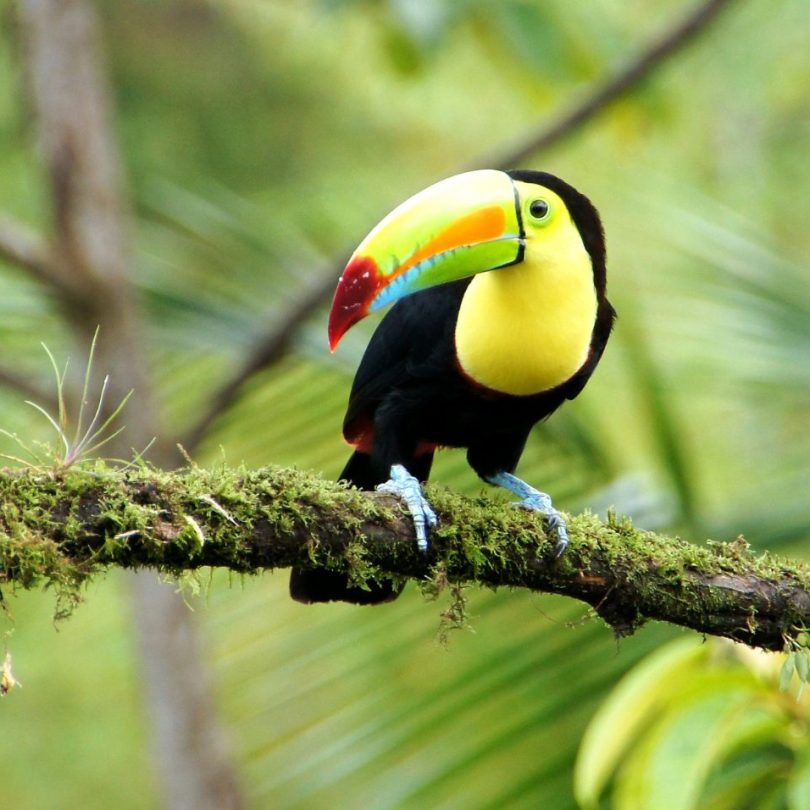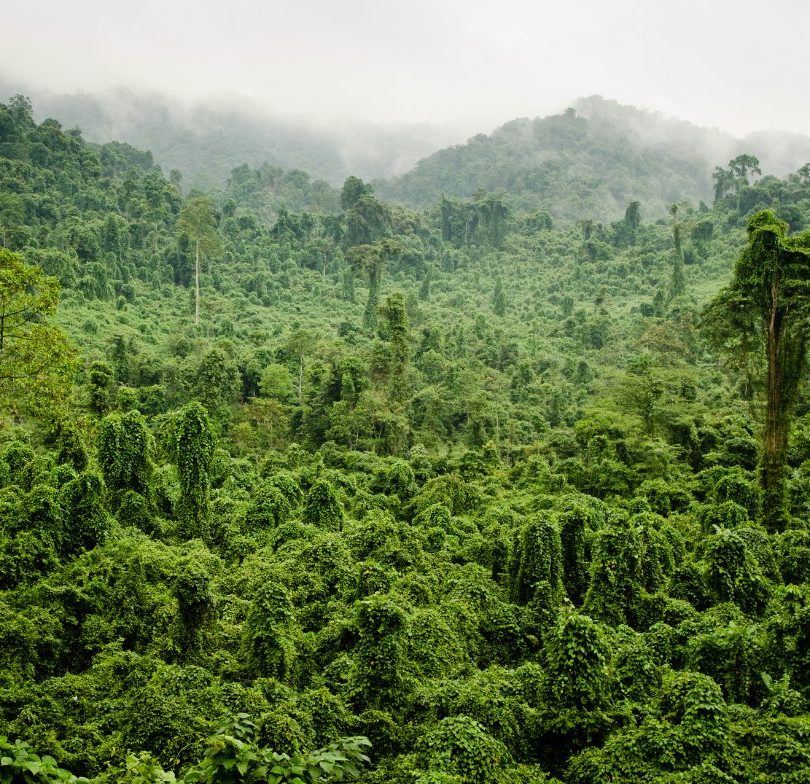The biodiversity commitments by most countries in Montreal in December 2021 involve the restoration of 30% of their degraded land, water and sea by 2030. rePLANET offers a way in which private sector funding can be used to restore native ecosystems by issuance of high quality carbon credits. High quality carbon credits are defined as no double counting (i.e. excluded from the Nationally Determined Contribution) with the biodiversity co-benefits quantified (e.g. there is a 50% increase in biodiversity associated with carbon credits issued from this project using the Wallacea Trust methodology for quantifying units of biodiversity gain and with independent verification from the Biodiversity Futures Initiative) and where at least 60% of the financial benefits from the final value of the carbon credits when resold after issuance go to local stakeholders (owners users and managers of the site). The projects listed below all produce high quality carbon credits at below market rates and can provide attractive IRR figures for investors.
Another key issue when restoring damaged land is to food security. All of the projects included in this section maintain or improve food supplies and improve the income steams for local stakeholders








